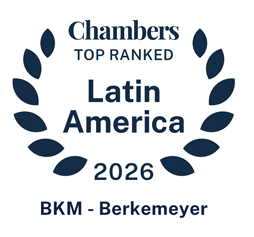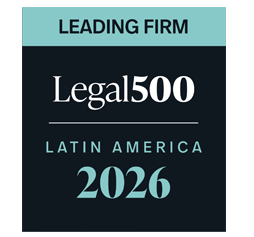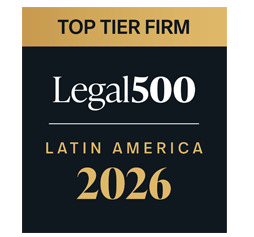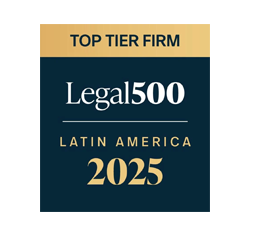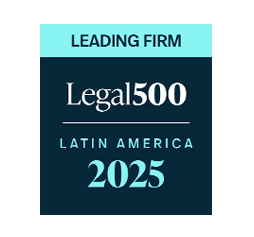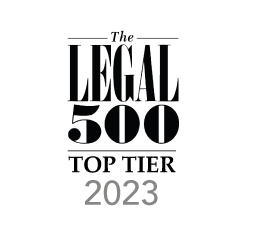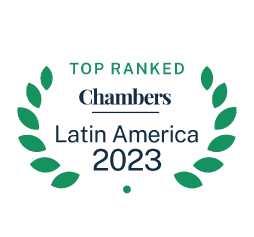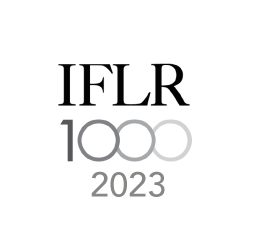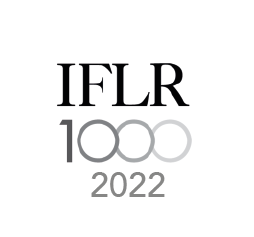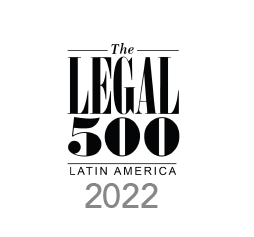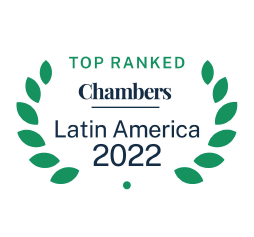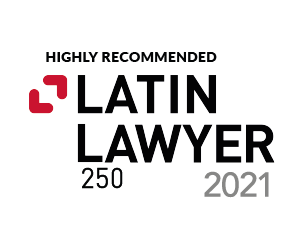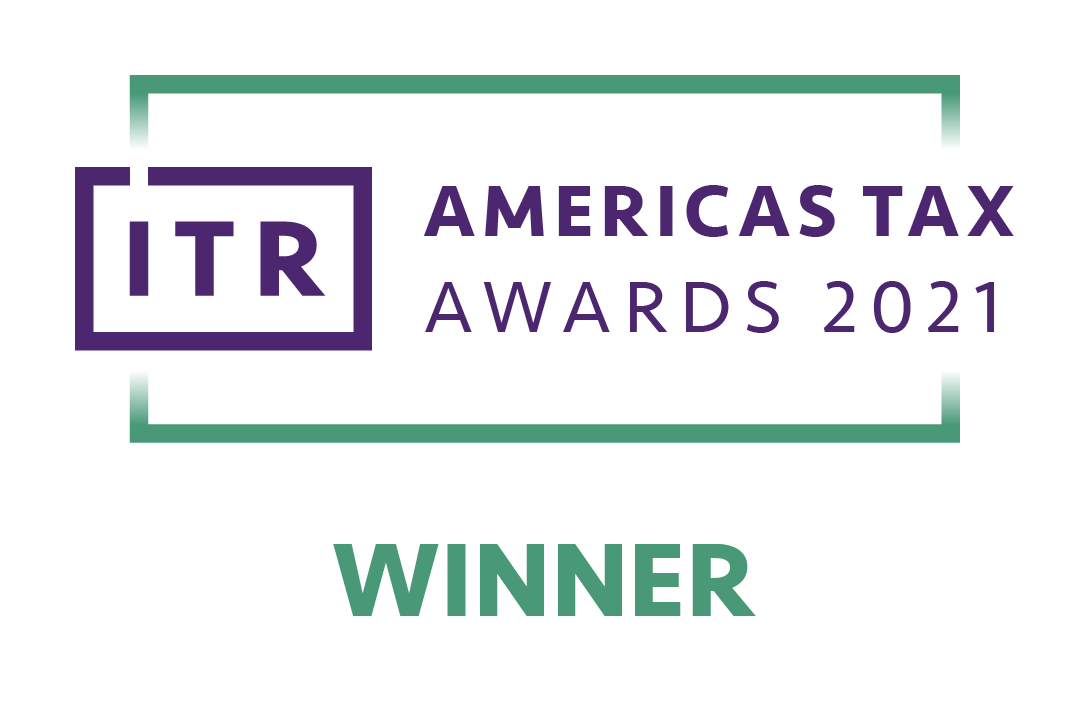On Monday, September 8, 2025, three highly relevant regulations for the country’s productive and investment ecosystem were published in the Official Gazette of the Republic of Paraguay. These are Law N° 7546, “Which establishes the national policy for the production and assembly of electrical, electronic, electromechanical, and digital equipment,” Law N° 7547, “On the Maquila Regime,” and Law N° 7548, “Which establishes the new tax incentive regime for national and foreign investment.” These provisions constitute pillars of a state strategy aimed at attracting capital, generating formal employment, and positioning Paraguay as an industrial and logistics hub in the region.
Below is a summary of each law with a brief analysis of the provisions:
Law N° 7546, “Which establishes the national policy for the production and assembly of electrical, electronic, electromechanical, and digital equipment”
Law N° 7546 creates a specific regime for the manufacture and assembly of electrical, electronic, electromechanical, and digital equipment within Paraguayan territory.
Among the central axes of the law, the following stand out:
• Precise definition of eligible capital goods and materials.
• Tariff exemptions and VAT reduction for both the import and local acquisition of inputs and capital goods.
• Rules of compatibility and incompatibility with other tax incentives.
• Conditions of access and permanence that require: 20% of national added value, generation of formal employment, incorporation of efficient technologies, and technology transfer programs.
• Term of validity of the benefits: 20 years, extendable for an equal period.
• Dual monitoring system (in situ and extra situ) and corrective measures that can be graduated up to the revocation of benefits.
Impact and opportunity assessment
- Effective reduction of tax costs: the VAT taxable base is reduced to 15% for imports and local purchases of materials, and to 45% in the internal commercialization of finished products, increasing the operating margin.
- Long-term legal certainty: the initial extension of 20 years, with the possibility of renewal, provides predictability for amortization plans of intensive investments in fixed capital.
- Force majeure clauses: clearly define the assumptions and provide flexibility in the face of uncontrollable external events.
- Protection against double taxation of special regimes: establishes incompatibilities to avoid overlaps, which simplifies tax planning, but clarifies that it is only compatible with the exemptions provided for in the Law on the Tax Incentive Regime for Investment of Capital of National and Foreign Origin.
- Promotion of local productive chains: the requirement of 20% national added value stimulates the formation of suppliers and the transfer of know-how.
Law N° 7547, “On the Maquila Regime”
The new law repeals and replaces the 1997 regulations, comprehensively modernizing the maquila regime.
Some important aspects of the new provision are:
• Single Tax of 1% on the value added in Paraguay or on the amount of export invoicing, whichever is greater.
• Temporary admission without taxes of raw materials, intermediate goods, machinery, and equipment.
• The following modalities are maintained: pure maquila, by idle capacity, submaquila, and shelter modality.
• The Maquila of services is defined with better scope: regime by virtue of which a Maquiladora uses its installed capacity and its processes to provide services to another foreign company, incorporating national added value, within the framework of a Maquila Contract, through the use and exploitation of information and communication technologies or other remote means.
• The right to the refund of “VAT fiscal credit” for exporters is recognized, guaranteeing liquidity to companies that operate under the regime. With limitations for the “maquila of services”.
•Virtual operation: The transfer of goods temporarily imported or the product resulting from the production process, which takes place between maquila companies, is allowed in order to use them for the fulfillment of their respective programs. The aforementioned operations are equated in all their effects, requirements, and legal consequences to the temporary import Maquila, the temporary export Maquila, and the export Maquila.
• Maximum term of benefits: 20 years, with successive renewals.
• National Council of Export Maquila Industries (CNIME) as a coordinating technical entity and an Executive Secretariat with broad operational powers.
• Pure maquiladoras are allowed to sell to the domestic market up to 10% of the volume exported in the last year, after nationalization and payment of internal taxes.
• Escalated sanctioning procedure with fines, suspension, and cancellation.
Impact and opportunity assessment
- Regionally competitive tax: the single tax of 1% consolidates Paraguay as one of the most attractive jurisdictions in Latin America for transformation processes for export.
- Operational flexibility: the different modalities allow optimizing installed capacity and outsourcing productive phases (submaquila), reducing costs and production times.
- Simplification and digitization: the mandatory computer system and the customs current account increase transparency and reduce procedures.
- Stimulus to the logistics chain: temporary import of containers and equipment without tariffs speeds up inventory turnover.
- Regulatory certainty: the term of 20 years and the possibility of extensions facilitate the financing of large-scale projects and the attraction of international credit lines.
Law N° 7548, “Which establishes the new tax incentive regime for national and foreign investment”
This regulation replaces the historical Law 60/90 and updates the incentives for productive investments.
Some of the main thematic axes of the new provision are:
• Exoneration of customs tax and VAT on the import of capital goods, raw materials, and inputs destined for the investment project, applied directly to the industrial, agricultural, or service production cycle, except for fees for services actually provided.
• VAT exemption on the local purchase of goods destined for the industrial or agricultural production cycle.
•Exoneration of VAT, in the first transfer of capital goods that have been imported or acquired from national manufacturers under this tax incentive regime. This exemption will apply exclusively when the transfer of ownership of said goods is carried out between the beneficiaries of this law.
• Exoneration of the Non-Resident Income Tax (INR) on interest from external financing and the IDU on dividends generated by projects whose investment is at least USD 13 million (updatable by CPI).
•Exoneration of customs tax and VAT on the import of capital goods for investment projects destined for large-scale tourism and entertainment services, provided that the investment is at least USD 20 million.
• General term of benefits: 20 years, with the possibility of partial renewals according to new investments.
• Investment Council as a technical evaluation body; Executive Secretariat in the Ministry of Industry and Commerce.
• Legal terms: opinion of the Investment Council in 60 days and bi-ministerial resolution (MIC–MEF) in 15 days.
• Possibility of complementing investments, transferring capital goods, whether imported or produced by national manufacturers, between beneficiaries of the regime who have Biministerial resolutions, without the transferring beneficiary having to pay the taxes originally exempted at the time of import or acquisition.
•Possibility of establishing a guarantee trust with the capital goods that enjoy tax benefits to finance their current investment projects.
• Strict monitoring mechanisms and staggered revocation in the event of non-compliance.
Impact and opportunity assessment
- Expansion of the tax umbrella: the scope of exemptions includes income and financing taxes, improving the internal rate of return (IRR) of high capex projects.
- Innovative financing instruments: the guarantee trust allows incentivized assets to be monetized without losing the benefits, facilitating project structuring.
- Technological and sector neutrality: unlike specific regimes, it allows the incorporation of large-scale industrial, agricultural, service and tourism investments.
- Compatibility with other regimes: coherence with Law No. 7546 and the Maquila regime is maintained, making it possible to structure hybrid projects.
- Automatic updating of amounts: avoids obsolescence of minimum investment amounts and maintains competitiveness over time.
Recommendations for entrepreneurs and investors
• Eligibility Due Diligence: analyze supply chains, the proportion of local added value, and the possibility of simultaneously taking advantage of the incentives of Laws No. 7546 and 7547, or adhering to the general regime of Law No. 7548.
• Early financial structuring: evaluate the use of international financing to access INR exemption and implement trust structures to maximize capital efficiency.
• Comprehensive tax planning: model comparative tax burden scenarios under the different regimes, considering incompatibilities and asset maintenance requirements.
• Compliance management and reporting: design internal control systems that facilitate the presentation of periodic information and mitigate revocation risks.
• Monitoring of amount updates: closely monitor IPC adjustments to determine the optimal time to present new projects or expansions.
What do the new Laws leave us?
This normative triad reinforces the country’s strategy of fiscal competitiveness, legal certainty and capital attraction. Law No. 7546 creates a niche with incentives for technology manufacturing; Law No. 7547 modernizes and expands the Maquila regime, maintaining a single tax of 1%, while Law No. 7548 updates the general framework of incentives, extending exemptions to income and external financing.
The synergy between these laws positions Paraguay as a preferential location for nearshoring, relocation of value chains, and development of brownfield and greenfield projects. Entrepreneurs and investors who plan their operations with a comprehensive vision of these regimes will be able to optimize their cost structure, access international markets with competitive advantages, and contribute to the country’s sustainable economic development.
The BKM | BERKEMEYER team is available to delve into any regulatory, tax or corporate aspect related to these new provisions and to support our clients in the successful structuring and execution of their investment projects.
For more information, please contact Luciano Antonelli: luciano.antonelli@berke.com.py and/or Antonio Villa Berkemeyer: antonio.villa@berke.com.py

